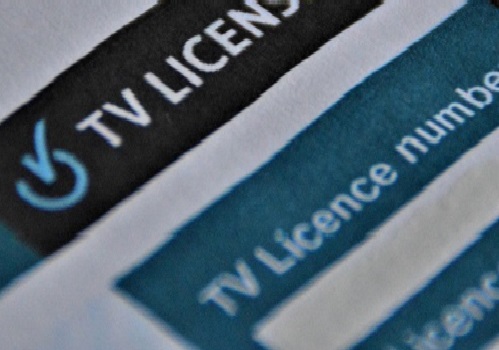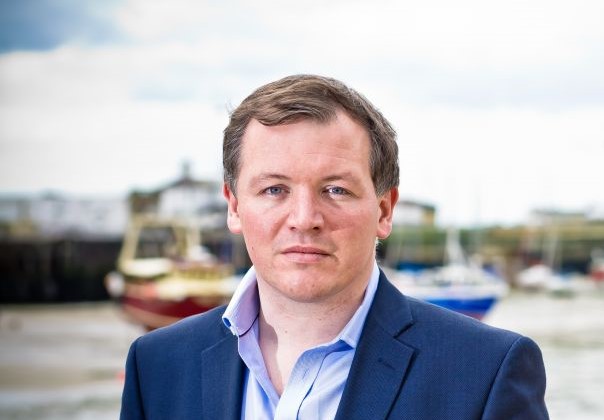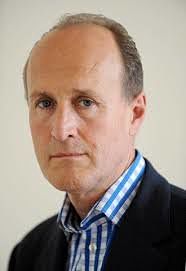
VLV research shows that the BBC’s real terms public funding for television, radio and online services for UK audiences has been cut by 25% since 2010 despite significant rises in the cost to provide content for audiences.
Government raids on BBC licence fee income since 2010 mean that licence fee payers are getting significantly less value for money from the TV licence today than they did a decade ago.
This research comes at a time when the BBC is in the process of negotiating its funding settlement from 2022-27 with the government.
VLV’s analysis is of net public funding for content (TV Licence income plus government grants minus the costs of additional burdens put on the BBC since 2010); it excludes the BBC’s commercial income. The focus is on public funding available for UK services because this is the content which most supports the BBC’s public service mission as set out in the charter and benefits licence fee payers who fund the BBC. With reduced public funding the BBC is under greater pressure to increase its commercial income, much of which comes from international sales, which could undermine the BBC’s focus on its mission for UK audiences.
Public funding for the BBC in 2010/11 was £3.95bn, with £3.54bn of that spent on services for UK audiences. Once inflation is taken into account, 2020/21 net public funding is equivalent to £2.68bn in 2010 money – just 75% of the 2010/11 budget – during a time when production and distribution costs have risen considerably. It’s estimated that drama costs in 2020/21 have risen by 35% alone.










Follow Us